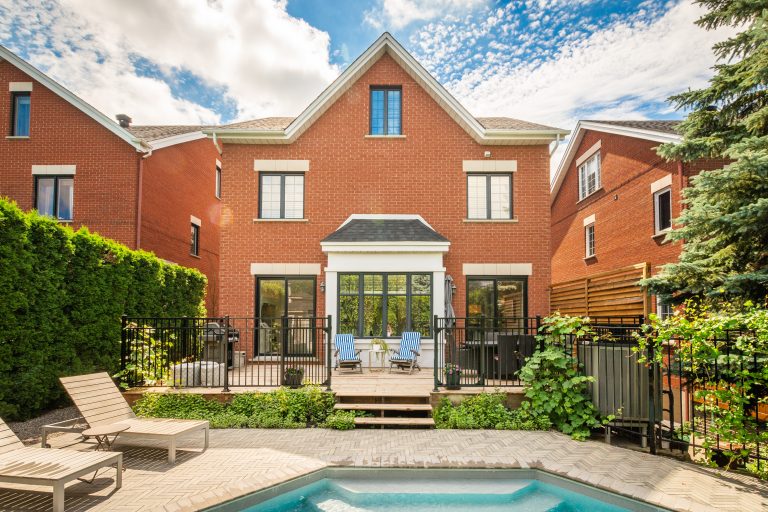The Canadian Bankers Association tracks the number of residential mortgages that are in arrears, i.e., in default for 90 days or more.
The latest available statistics are for June 2022. In Quebec, 0.10499% (or 1 in 952 loans) of residential mortgages were in default. Not only is the proportion of mortgages in arrears falling sharply, as the chart below shows, but we have just reached an all-time low!
The Effect of the Pandemic
The proportion of mortgages in arrears in Quebec has fallen sharply since the fall of 2020. This may seem surprising at first, given that there was a rapid deterioration in the job market at the beginning of the pandemic, during the time of the great containment. Although initially, in general, owner households have better incomes and were less affected, there are three important explanations.
First, for those employees and self-employed individuals who were hardest hit, it is important to remember that during the early months of the pandemic the government deployed fairly generous financial support programs (e.g. the Canada Emergency Benefit). Second, and perhaps most importantly, there was an exceptional measure to allow homeowners in financial difficulty to defer their mortgage payments for up to six months. Thirdly, as a result of the lock-in, most households cut back significantly on spending, especially on leisure and travel.
All of these factors caused the household savings rate to jump in the months following the arrival of the pandemic.
Impact of rising interest rates not yet felt
Also surprising is the fact that, so far, there has been no sign of a surge in defaults despite the rapid rise in mortgage rates. But it is important to understand that there is a significant time lag inherent in these statistics. By definition, a loan becomes delinquent after three months of non-payment. Also, the compilation time means that the most recent data is for June. In other words, it is too early to see the impact, but it will inevitably come in the next few months.
It is unlikely that we will see the situation of the early 1990s again
It is clear from the chart above that many homeowners had great difficulty making their mortgage payments following the 1991-92 recession. While we are not making a prediction, we believe that the current rise in interest rates is unlikely to bring the proportion of mortgages in arrears back to levels similar to those experienced in the 1990s. At that time, rising interest rates caused a severe recession and a sharp increase in the unemployment rate. But it was also a time when governments (federal and provincial) were fighting large budget deficits. They both raised taxes on taxpayers and cut government spending. There was no growth in household income during this period, which extended the economic slump beyond the recession.
Today, while a growing number of experts say that it will be difficult to avoid a recession in the coming months, they also agree that the recession will be short-lived and that the labour market will be quite resilient in the current environment of widespread labour shortages. Finally, interest rates could end up coming down next year if, as expected, inflation ends up coming down significantly in the next few months. For all these reasons, we believe that Quebec homeowners are better positioned today than they were thirty years ago to face rising interest rates.



